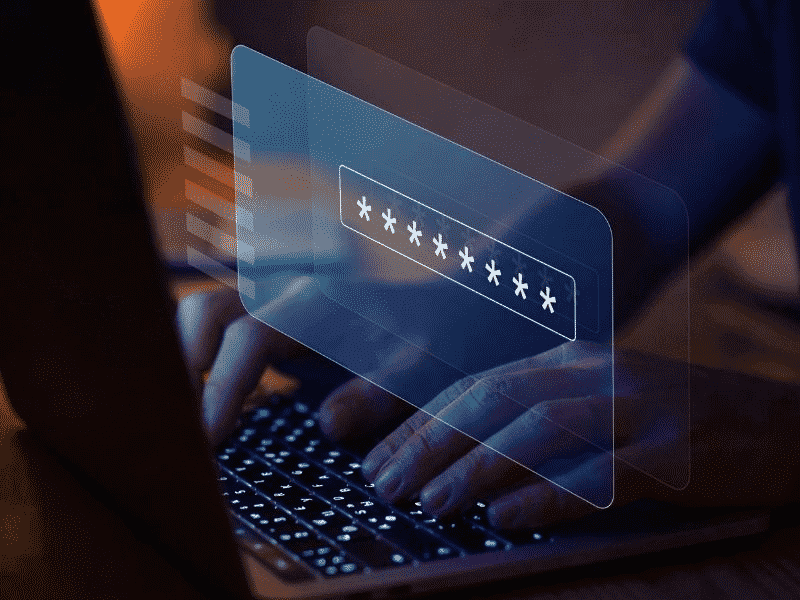Digital certificates play a vital role in keeping data secure and verifying the identity of users exchanging sensitive data. Any company with an online presence must have a secure way of identifying and authenticating customers, partners, and employees. By understanding what digital certificates are, how they work, and how automation over the lifecycle of every certificate improves security and compliance, organizations can ensure that their data is always secure.
Table of Contents
The Role Of Digital Certificates
When a website or an application needs to authenticate the identity of a user, it relies on digital certificates. These certificates are digitally signed documents that bind together a public key and an individual’s identity. The information in the certification includes the public key, holder name, serial number and expiration date, domain name, IP address, signature algorithm, the digital signature of the issuer, and other relevant information.
The certificate is then used to authenticate communication between two connected systems: a web server and a client application. During this process, the public key in the certificate is used for encryption and decryption of data sent between the two parties—this helps keep sensitive information secure from unauthorized access.

The certificate is issued by a Certificate Authority (CA), the trusted third party to issue, revoke and manage certificates over their lifecycle. CAs must adhere to the industry standards set by WebTrust and ETSI, and they must comply with the applicable regulations in their jurisdiction.
Benefits Of Using Digital Certificates
In today’s digital age, protecting sensitive information is more critical than ever. That’s where digital certificates come into play. These certificates act as digital signatures verifying the sender’s identity, ensuring the recipient knows the information comes from a legitimate source.
The added security measure safeguards against data breaches and identity theft and saves time and resources by eliminating the need for face-to-face verifications. Plus, obtaining and using digital certificates is relatively easy and cost-effective. By utilizing digital certificates, individuals and businesses can enjoy higher trust and security in their digital interactions.

Components Of A Digital Certificate
Digital certificates are becoming increasingly important in today’s digital world as they verify the identity of individuals, organizations, and websites. Simply put, a digital certificate acts as an electronic passport, providing a secure method for ensuring authenticity and trustworthiness. But what exactly goes into a digital certificate?
Generally, a digital certificate includes information such as the identity of the certificate holder, the certificate’s public key, and the digital signature of a trusted third party. Additionally, digital certificates often contain a validity period and various other metadata. Overall, understanding the components of a digital certificate is crucial for maintaining a secure online presence.
Consequences Of Not Using Digital Certificates
Organizations can benefit significantly from using digital certificates, but there are also severe consequences for not doing so. Without a digital certification, organizations risk their data becoming vulnerable to attack and unauthorized access. And even if the data is not stolen, failing to use a digital certificate can impact an organization’s reputation and integrity.

Additionally, not using digital certificates can lead to reduced trust in the company or website—customers may be hesitant to provide their data if they are unsure who is handling it. It can result in fewer customers choosing to do business with the organization, resulting in lost revenue and lower profits. Ultimately, using digital certificates is essential for ensuring the security and integrity of online information.
Final Thoughts
Digital certificates are an essential part of modern internet security. They provide individuals, organizations, and websites with the means to verify identity, protect data, and establish trust between parties. Understanding what goes into a digital certificate, automation over the lifecycle of every certificate, and its benefits are crucial to ensuring that all online activities remain secure.
Read more – 5 Ways to Elevate Your Online Store








